|
I've truly been enjoying my final days in India. It was sad saying goodbye to Ranchi where I spent most of my time, but now I've been processing so much of what I learned this past month and a half. Its good to be able to talk through what's been on my mind with a good friend a d fellow writer. I've been musing over the next chapter of my book, when Ferdinand arrives in Lohardaga where he and his family lives for twenty years. The chapters portrays how he learned the Kurukh language, the langauge of the Oraon people. Later, after the turn of the century, he would write the Kukukh grammar and dictionary, a compilation of folk tales and other writings about the Oraon culture and religion. Last night I equated the process of my writing to discovering Everest. Earlier this year I watched several great documentaries on Mt. Everest. I realised that perceptions of the mountain change over time. Today thousands of people around the world climb the mountain. Their perceptions differ from Hilary and Tensing, who reached the peak in the 1950s. Their perception even varies from George Everest who measured it in the geographic survey of the Indian Subcontinent in the 1840s. Then the Sherpas, who receive a good livelihood from the mountain, and take the most risk, still listen to the mountain. If the mountain groans and there is an avalanche they want to stop climbing for a while. The foreign climbers only think about how much it has cost them, and press to keep on climbing. Something has been lost in our perception and appreciation of the mountain. Likewise I do not wish to start with what Ferdinand produced. From the start, how did he discover and aquire the language? What did it tell him about the people? How did he listen? How did he interact with the people? What did he learn about himself? I may not be able to answer all these questions, but as I think of my own experience I know that understanding follows fluency.
As an example the common social interaction of becoming aquainted involve some basic points of inquiry, Typical questions in India are: Are you married? How many children do you have? How old are you? What is your occupation? These may or may not reveal something about class and caste, and the social relations between people. The Adivasi also identify a person by their totem or Sept, which has become a Last Name. So if they are not familiar with your last name, they would ask what is its meaning? What totem are you? Ferdinand would have answered Rooster (Hahn in German). It would then be understood that his clan therefore was given the responsibility to care for and steward the rooster. See list of names below. I wonder if there were questions about why the rooster married the Fox (Voss, Doris' maiden name) Language and identity are wrapped up in each other. Niether is stagnant. As perceptions change, how much do we pay attention and listen to the language around us? In aquiring language what do we learn about each other and nature? --------------------------------------------------------------------------------------- Majority of oraons write their septs. List of totemistic names of Kurukhs: Sr.Nos Gotras Meaning 1 Kerketta Quail bird, found among Munda and Karia tribes. 2 Xalxo/Khalkho Shad fish 3 Xaxa/Khakha Crow 4 Xess/Khess Paddy/Rice 5 Kujur A climbing plant 6 Toppo Wood picker bird 7 Tirkey Name of a bird or young mouse 8 Tigga Monkey or field rat 9 Minz Eel 10 Ekka Tortois 11 Barla Exogamous sept, found in Mundas and Kharia tribes. 12 Barwa Wild hog. 13 Koiya Wild Dog 14 Lakra Tiger 15 Beck Salt 16 Dhanwar/Dhangar Domestic Worker 17 Baghwar Tiger 18 Kachhap Tortois 19 Kindo Carp fish 20 Kispota Intestine of hog 21 Kanda Sweet potato 22 Kokro Cock 23 Gaddi Deep 24 Khoya Wild dog, Jackal 25 Chermanko An animal, Rate 26 Panna Iron 27 Bakula Crane 28 Bara Banyan tree 29 Bando Fox 30 Bhagat Kurukh priest(Baigas) 31 Binko Star 32 Munjni Creeper 33 Linda Fish 34 Son Son river 35 Rawna Vulture 36 Oroan Cast name of Oroan 37 Ram Lord Ram, Exogamous sept 38 Gidh Vulture Bird 39 Kannhar Vulture Bird 40 Baxla Tank weed 41 Beshra A name of tree 42 Nikunj Exogamous sept 43 Beshra Name of a bird 44 Devi Exogamous sept 45 Ckigalo Jackal 46 Hartu The Haluman ape 47 Orgoda hawk 48 Chelekchela Swallow 49 Dhechua Swallow-tailed bird 50 Chitkha Ficus religiosa 51 Amdi Rice-water 52 Madgi Mahua 53 Kiss khochol Lit, hog bone, a thorny tree 54 Garwa Bird(Saras) 55 Godo Name of a water creature. 56 Kuhu Cockoo 57 Oregora Kite 58 Kinda Coconut 59 Gadi Monkey 60 Gende Duck 61 Godo Crocodile 62 Chidra Squirrel 63 Jubbi Source of water 64 Pusra Kusum tree 65 Argo Mouse
0 Comments
I would like to thank GTC and the GEL Communications and Publications deprtment for putting on the Writers Workshop for the students. Special thanks to Bishop Rev Dr. Hemrom and Rev Bage and Golden K. for hard work to make this happen. I think the students were challenged and stretched. Also thank you for the opportunity to tell a bit of the story that I am writing on Doris and Ferdinand Hahn. They were married at the church here in Ranchi on 8 December 1871. Here is the power point presentation I gave. I ended by showing them my family tree and asked how many of them had done a family tree like this of five generations. Only one had. I encouraged them to ask their family. Perhaps dates won't be remembered, especially for family members that weren't Christians with no birth and baptismal records. Still they can get an approximation by asking was it before or after the big war I or II; before or after Independence in 1947, or before or after the Mutiny of 1857.
They didn't have any questions afterwards. After three days I think their brains were tired, but in general they are very reserved and questions and comments come freely only after they are comfortable with you and not in a large group. One Oraon young woman asked if this was the same man who wrote the Kurukh grammar. Yes! She was so happy to learn, since her family speaks Kuurukh. "Ask the animals, and they will teach you, or the birds in the sky, and they will tell you; or speak to the earth, and it will teach you, or let the fish in the sea inform you." Job 12:7-8
Since we shamelessly squander our natural resources and lack any real sense of stewardship, I commit to feature in my writing the interplay of nature in our daily life. My story will feature as a backdrop the wildlife that just 100-150 years ago were prevalent in these parts, some now extinct or rare. |
2016 -2020These musings include the journey of my writing on the history of my great great grandparents and the travels for research to India, Germany and other places of interest. Archives
June 2020
Categories |
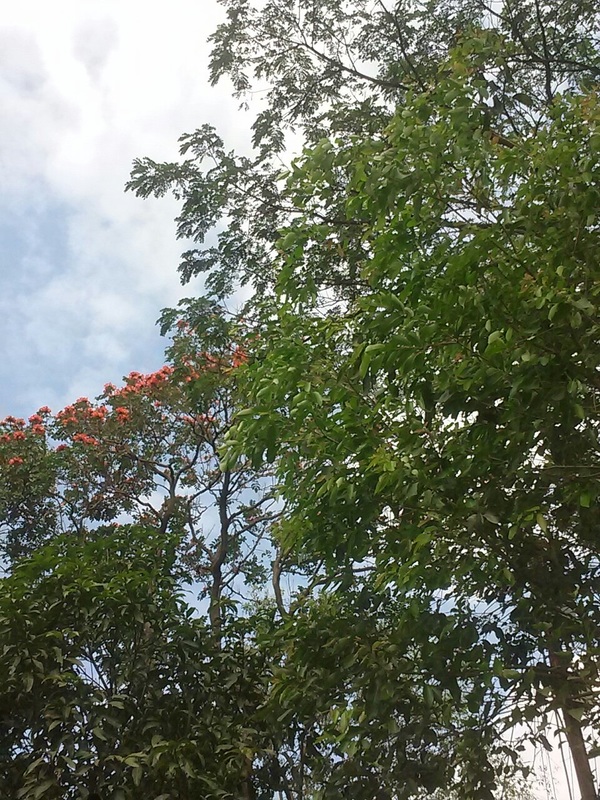
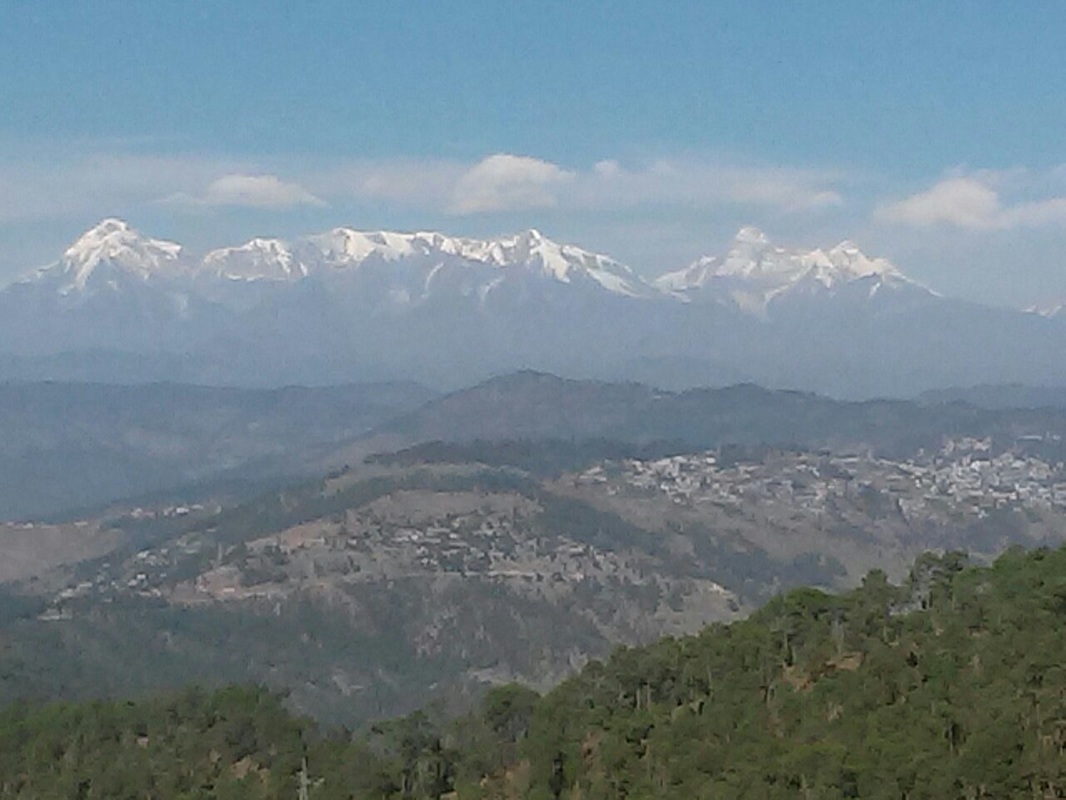
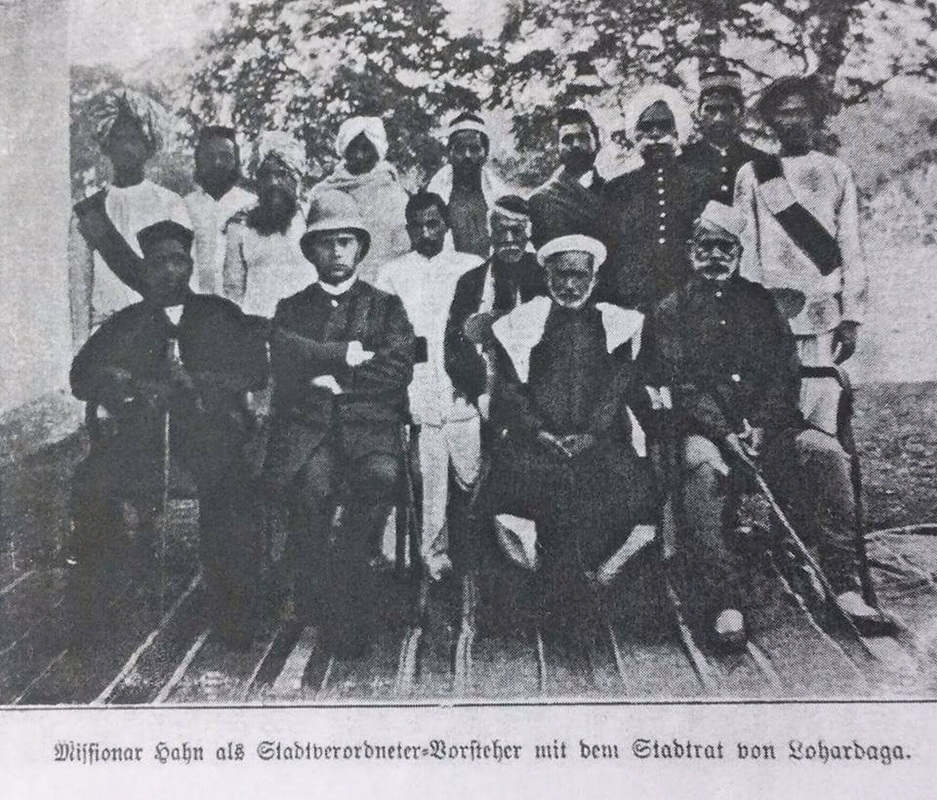
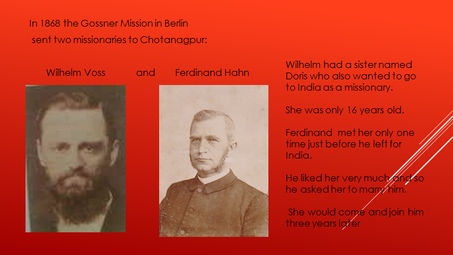
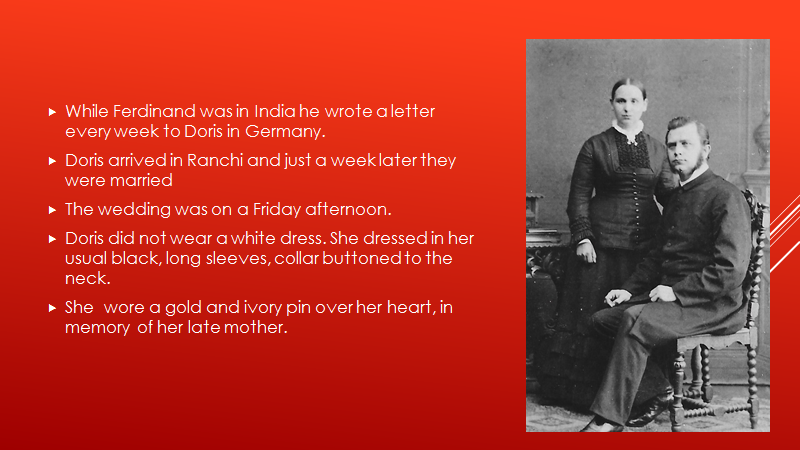
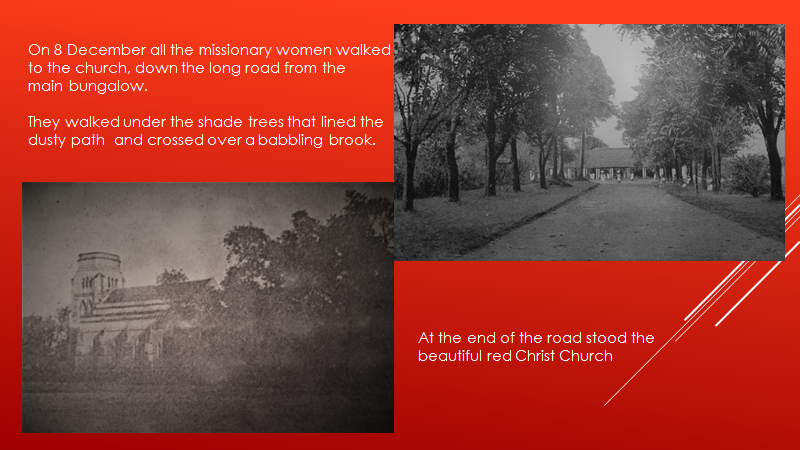
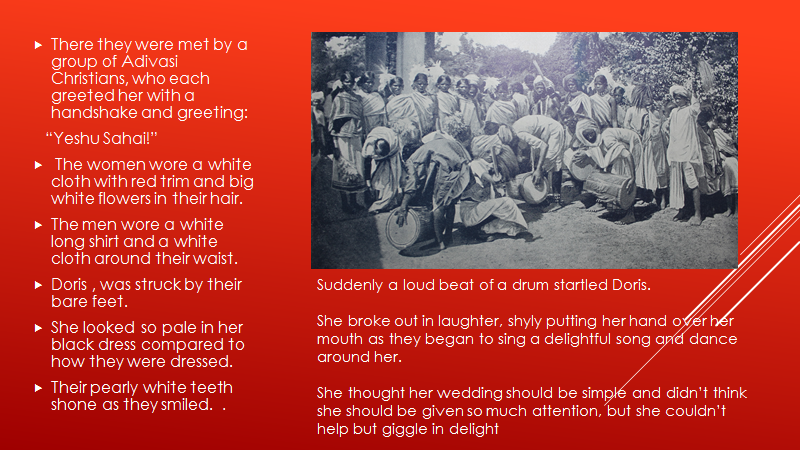

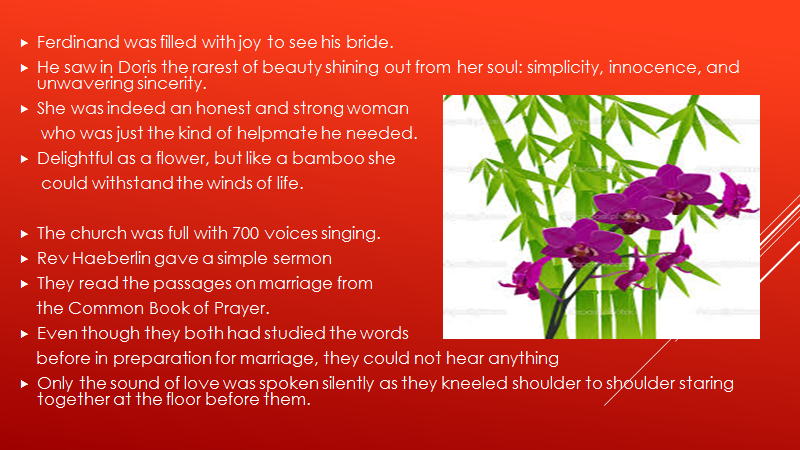
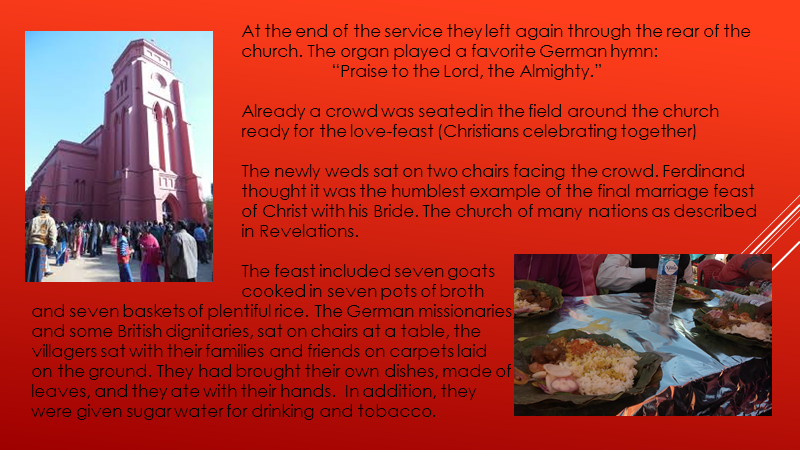
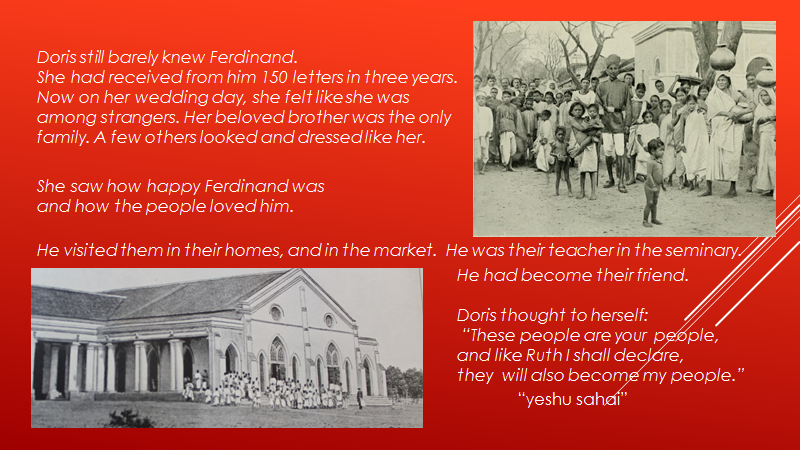
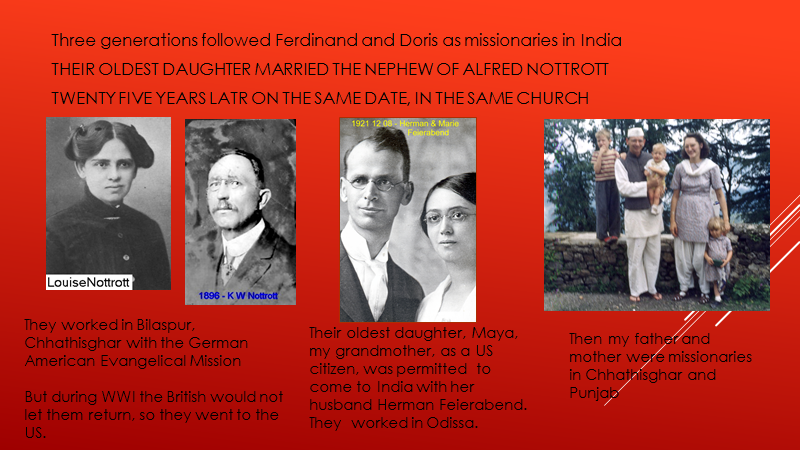
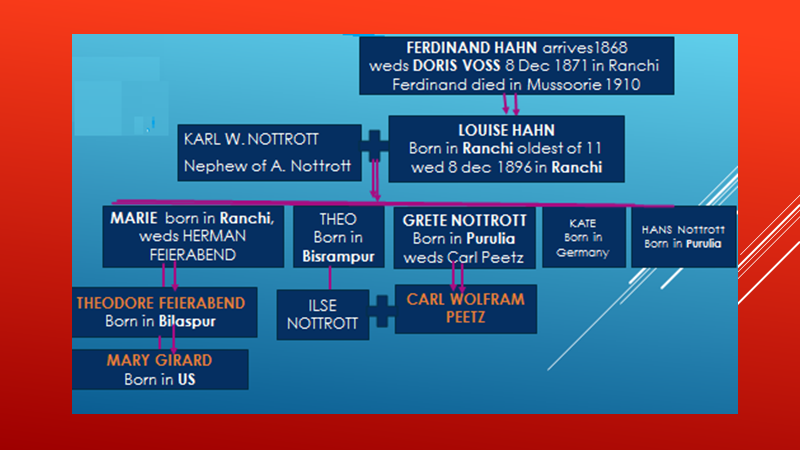
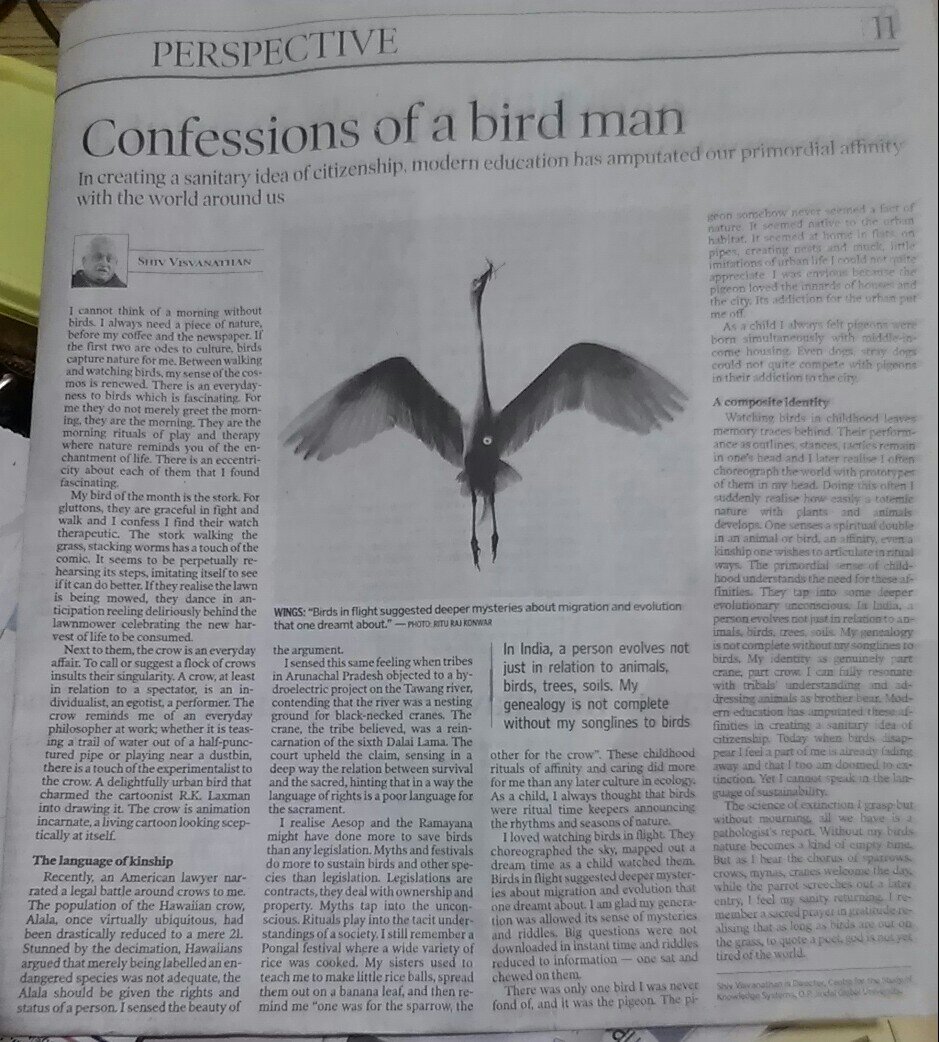
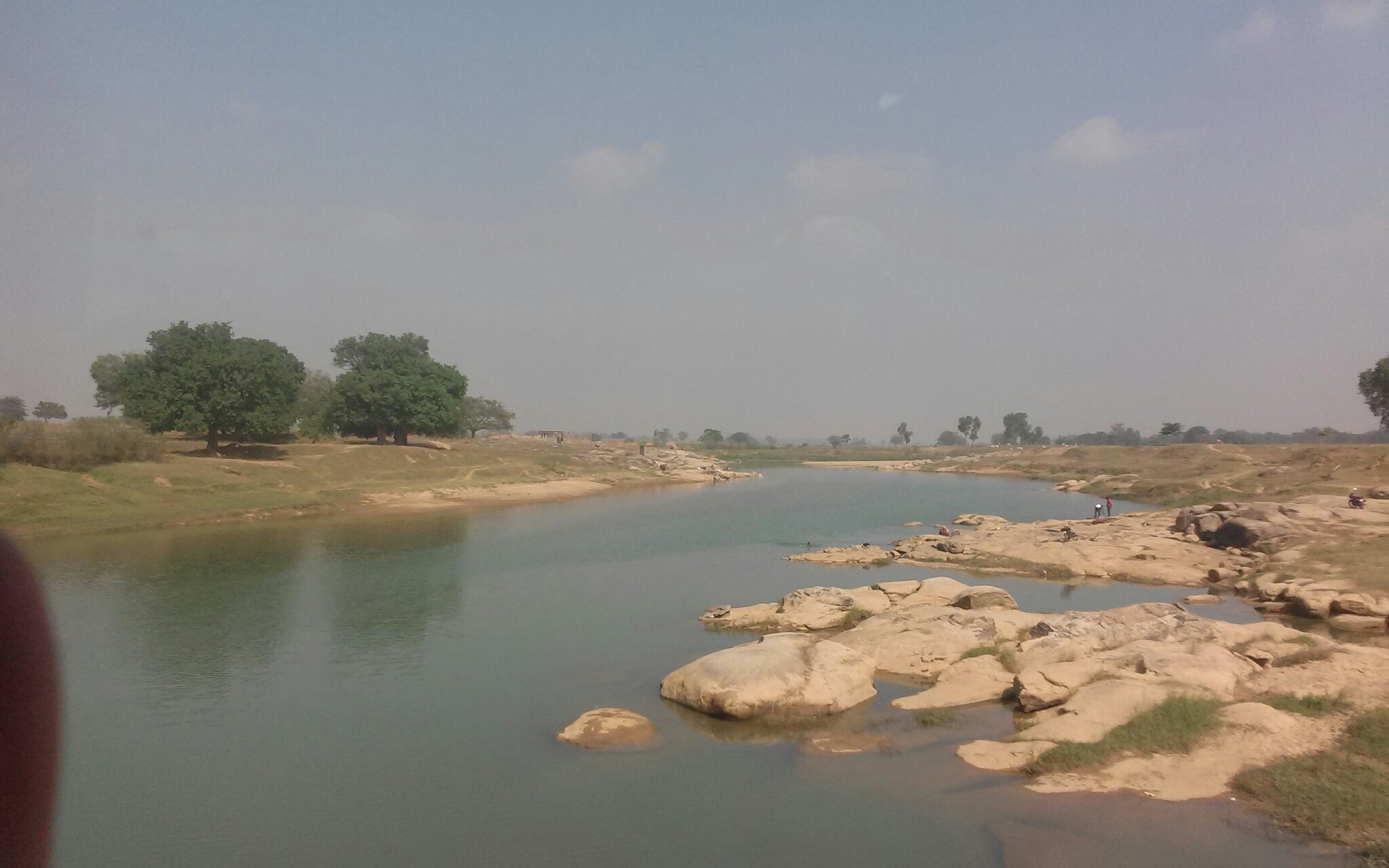

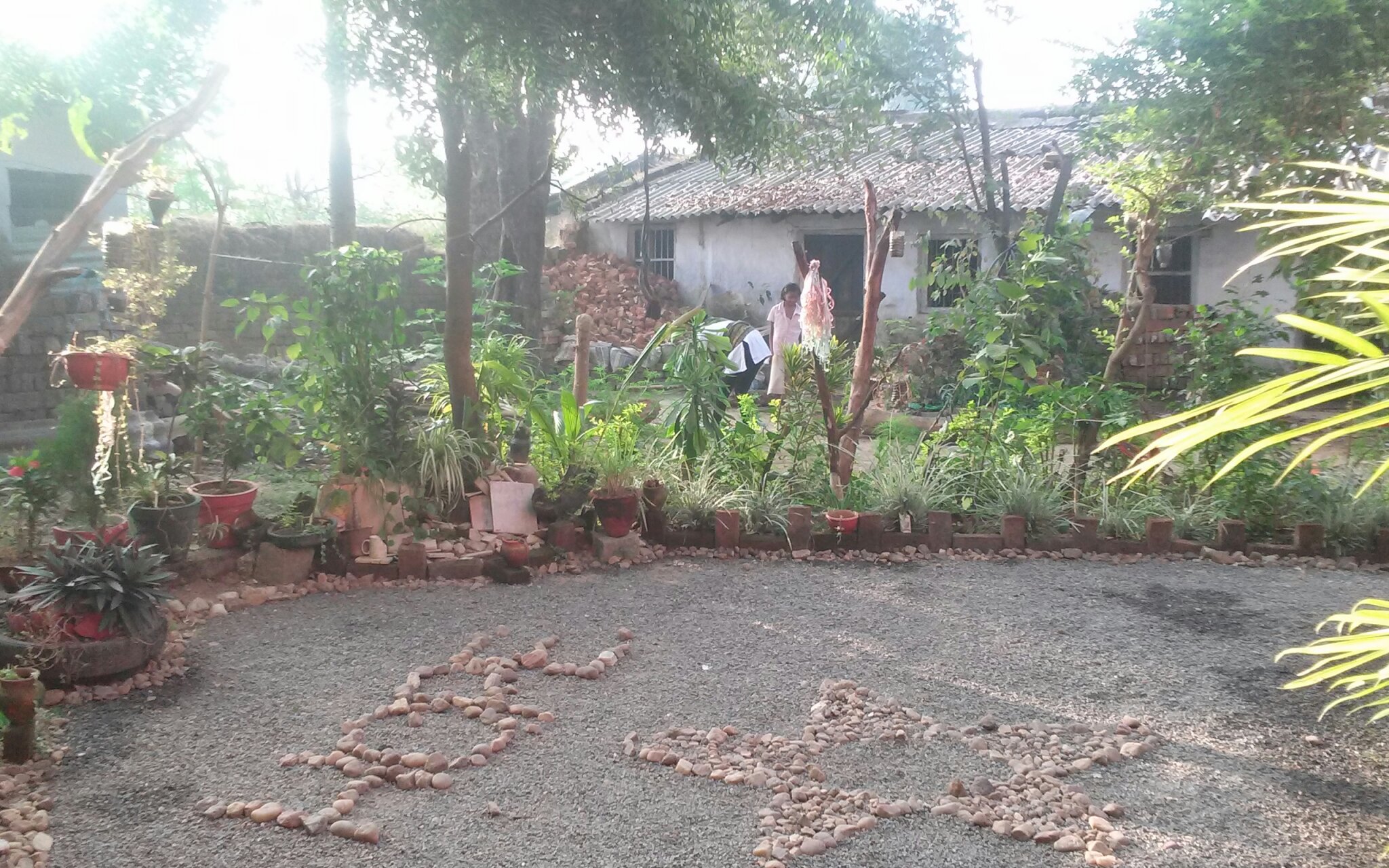
 RSS Feed
RSS Feed